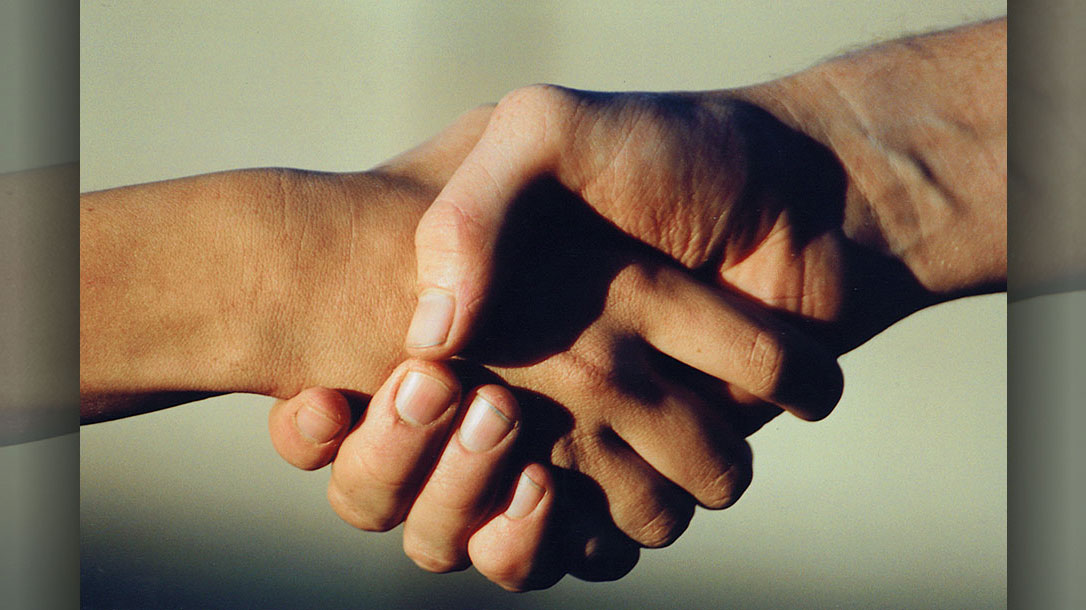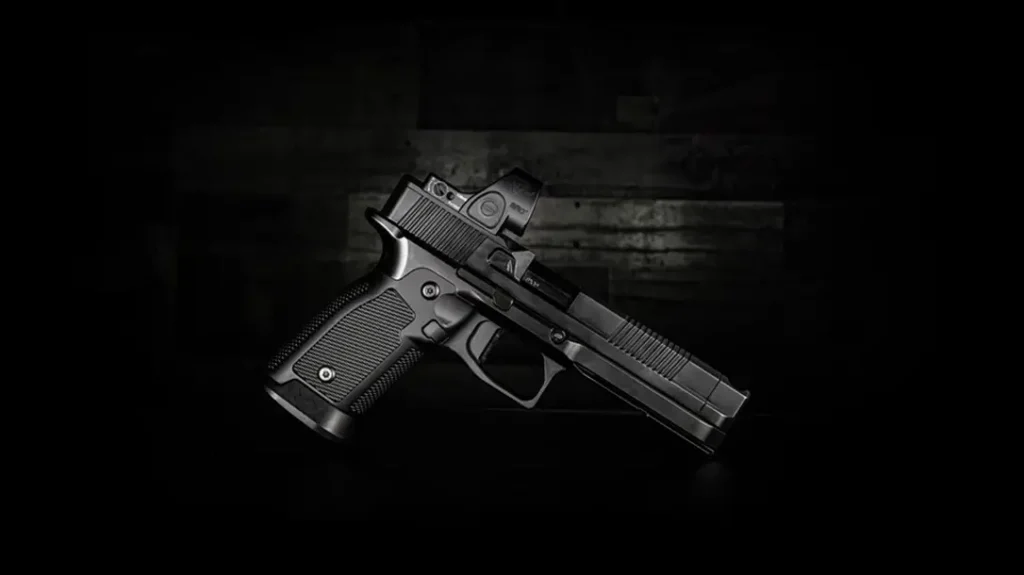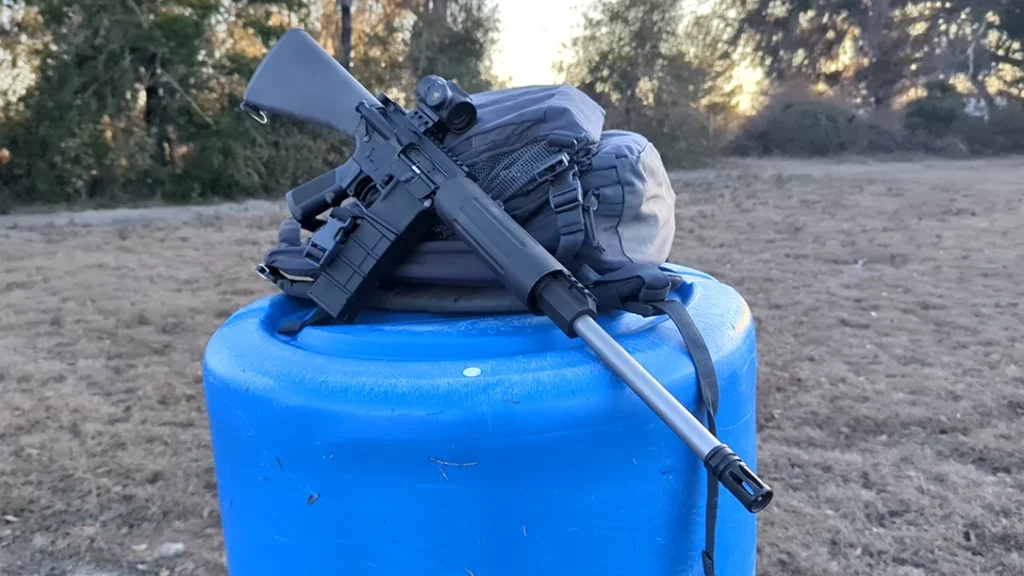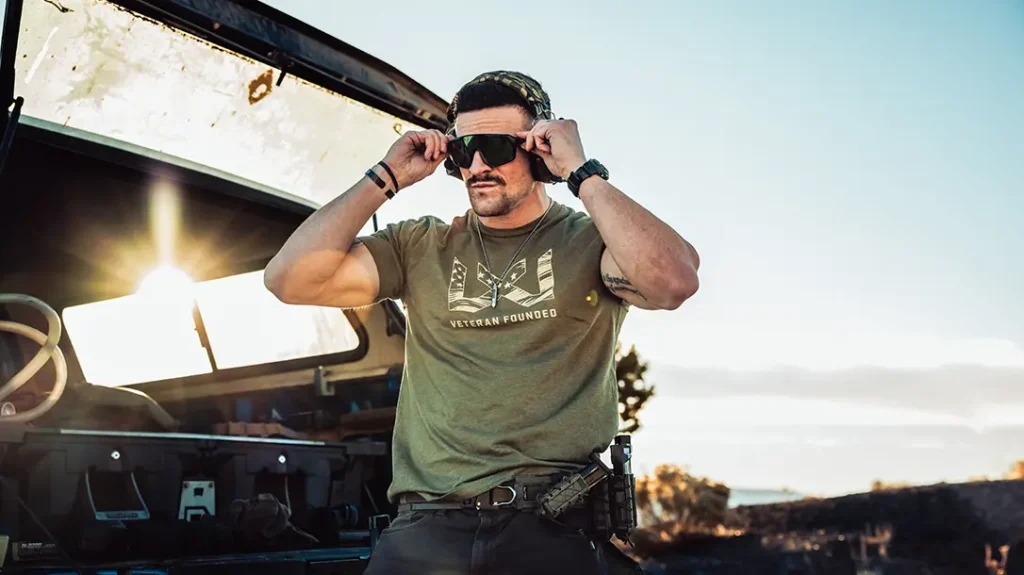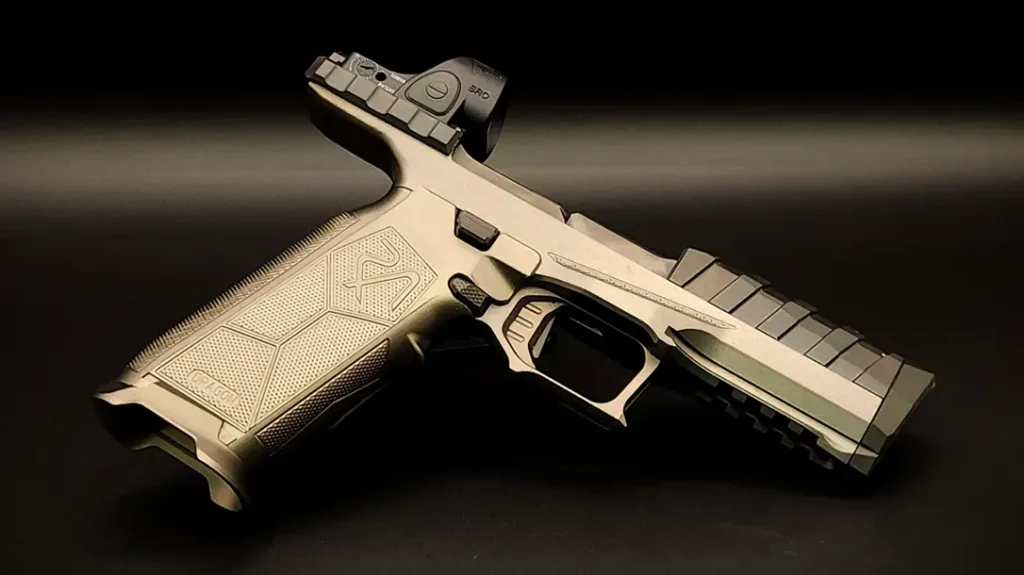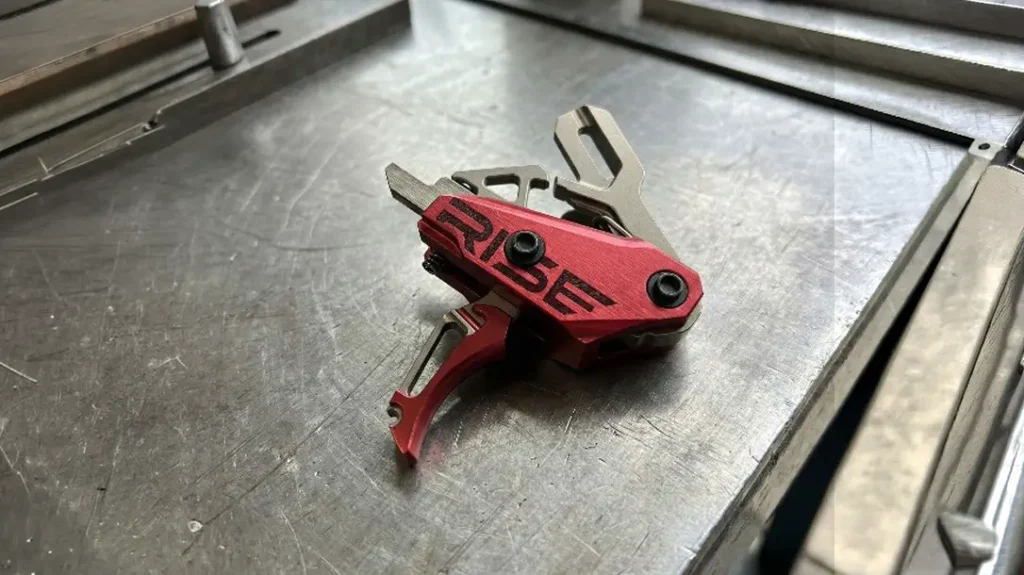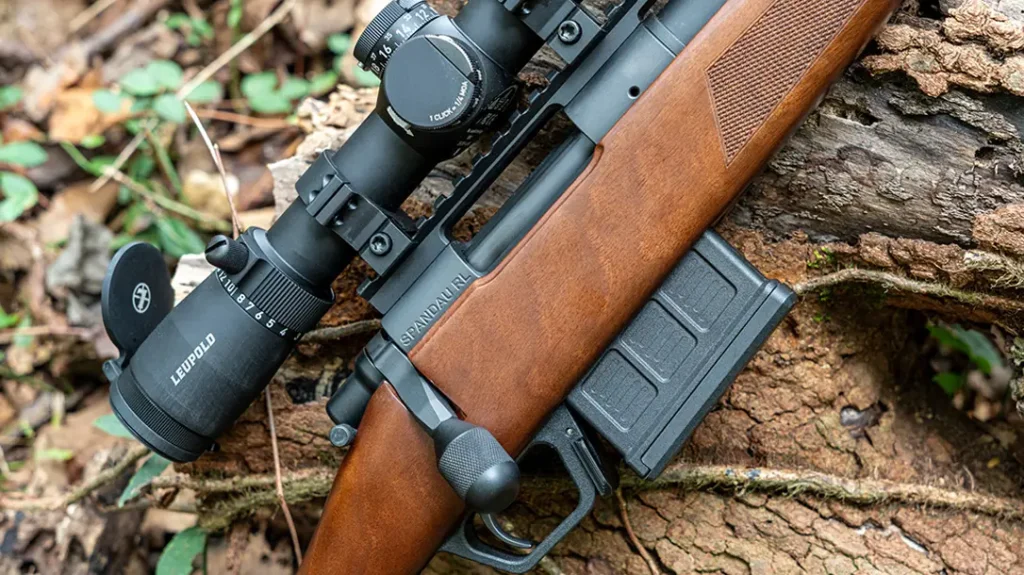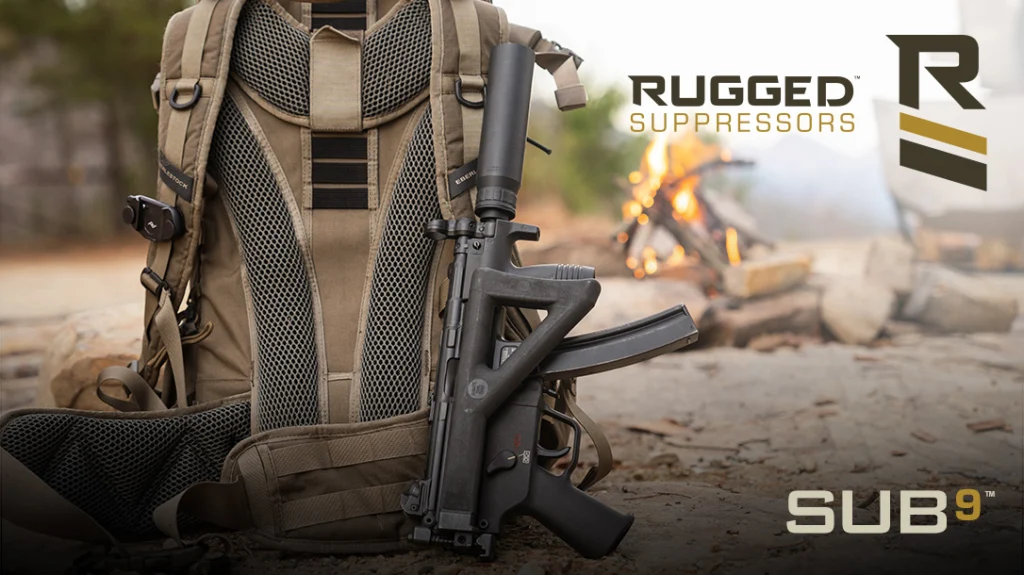There can be any number of reasons for selling one or more of your guns. Maybe you are eyeballing something newer and better. Or perhaps you have had an unexpected bill show up. It could be that you just have too many guns…just kidding. Whatever the reason, private gun sales can be hard to navigate sometimes when you don’t have your own FFL (Federal Firearm License). So, if you’re looking to sell a gun, we’re here to help.
Private Gun Sales: Finding a Gun Buyer
The hardest part of any gun sale is determining where to find a buyer for your guns. Your best bet is to always utilize local sources—specifically a friend or family member. Even if it means selling your firearm at a lower cost, the convenience factor often has value. If you’ve never had to go through the process of shipping a firearm from one FFL to another it can be fraught with challenges, many of which are simply out of your direct control.
However, if your social network isn’t cutting it, consider posting ads at your local range, if they’ll allow it. Most small, local ranges will have a corkboard where you can place ads listing private firearms, often for free or a small fee. This is your next best step in terms of exposure.
Advertisement — Continue Reading Below
Also, consider getting to know the range officers and staff at your local range long before your sale. They will often run across people who might be looking for something specific and can put the two of you together. But remember to be courteous if that happens. Send a little cash the RO’s way, as your sale would not have happened without them.
Your last stop is usually an online place like GunBroker.com or Armslist.com. There are often fees and a relatively complex system for listing your firearm but obviously, your reach is far greater.
The Firearm Sale
First off, always follow state or federal law! As the seller, it is your responsibility to know gun laws in the United States, and ignorance is no excuse. For reference, the ATF’s website provides its State Laws and Published Ordnance section that breaks down the legal information of firearm transfers by state.
Advertisement — Continue Reading Below
In private sales, there are a few ways to go about it to protect yourself. It is highly recommended you take your firearm to an FFL licensed dealer with the buyer and have the FFL perform a NICS (National Instant Criminal Background Check System) on the spot. This helps protect both you as the private seller as well as the buyer.
If for whatever reason you’re unable to go the FFL route, depending on your state and local laws, a private sale may be performed from person to person. If that’s the case as the seller, you’ll want to generate a receipt of your own.
The receipt should include the date, time, firearm being sold (including serial number), the sale price, and a copy of the buyer’s driver’s license. If approached by law enforcement in the future, regarding that firearm, having such a receipt will be helpful.
Advertisement — Continue Reading Below
Going the Extra Step to Protect Yourself
With new laws taking effect across the country, it is a good idea to make sure you don’t sell to the wrong person. As mentioned, it is highly recommended that you request a NICS check before selling. This will help identify anyone who has a criminal record, history of domestic violence, etc.
Likewise, the list of states prohibiting the sale of firearms to anyone under 21 years old is growing. However, many of those states, as well as D.C., allow for the sale of long guns to 18-year-olds. As with every other aspect of the process, make sure to know the laws in your state regarding age limits.
Where Does the Gun Transaction Happen?
If the sale is conducted in person, you’ll want to agree on a public location. Pick a place where it is less likely to be seen, causing someone to alert law enforcement. Often parking lots of ranges are a good option, just make sure you’re following the rules of that business and keep the firearm in a case as much as possible.
Advertisement — Continue Reading Below
Although selling in the parking lot of a gun show seems like it would be gun-friendly, it would also be frowned upon. Not to mention, in states like Oregon, Colorado, Illinois, New York, and Connecticut it is illegal. Keep in mind, that gun shows make their money from the sale of booths. If you are selling in the parking lot, they make no money. For this reason, many gun shows have signs that prohibit private sales on the floor or parking lot.
Having someone else there with you is never a bad idea, both as a witness and in the event the other party has ill intentions. After years of experience, the latter has a very low chance of happening.
Should you need to go the online route you’ll need to locate an FFL willing to ship the firearm. Likewise, the buyer will need to locate a local FFL willing to receive it.
Advertisement — Continue Reading Below
From a packing perspective, remember that the major mailing companies have different policies regarding firearms and ammunition. Visit their websites before deciding on the company you’d like to use for shipping.
Often, the FFL will handle the shipping and just charge you for it. When packing the firearm, remember that most of these companies are not easy on packages so pack accordingly. Your goal here should be that the firearm doesn’t move around in the box.
Accepting Payment For the Gun Sale
As with everything in the world, cash is king. It’s simpler in so many ways. However, in many cases, it might not be an option. This is where online services such as direct bank transfers through Zelle or PayPal can be useful. Keep in mind they will provide little to no buyer protection unless you pay an extra fee! As a precaution, the common 3% is well worth it. Make sure to Label/name these online transfers generically, as it can cause other problems.
Advertisement — Continue Reading Below
From an etiquette standpoint, the buyer should send funds first. Once received, the seller will ship the firearm and verify the shipment with a picture of the tracking number.
Another advantage of an FFL-to-FFL transfer is you’re insulated in this part of the transaction. Some FFL’s might even help with the fund’s transfer, for a fee. When using a service like GunBroker, all these payment steps are handled through their platform, hence the fees.
Selling guns is simple but there are right and wrong ways to go about it. Knowing is half the battle, and when handled correctly private gun sales are a clean, easy process that we can all enjoy.
Advertisement — Continue Reading Below
This post was updated on Jan. 29, 2026.
